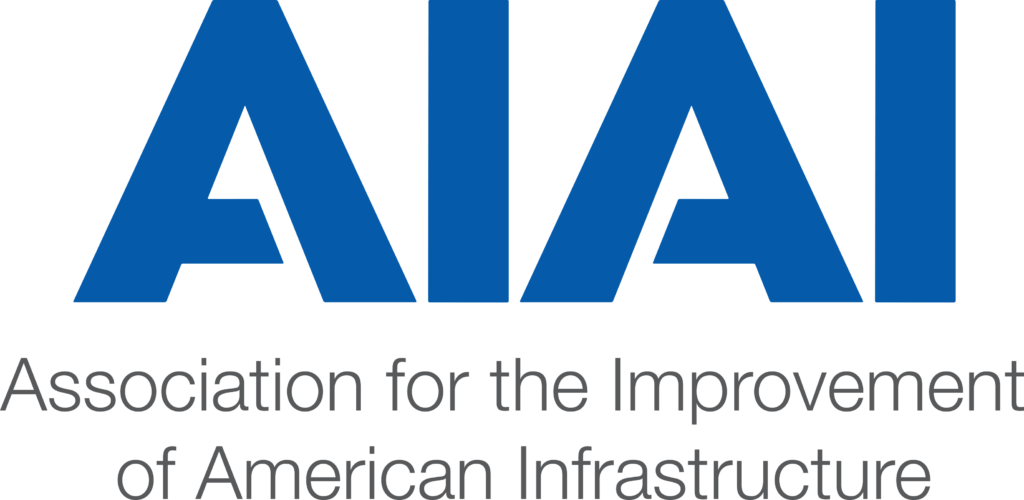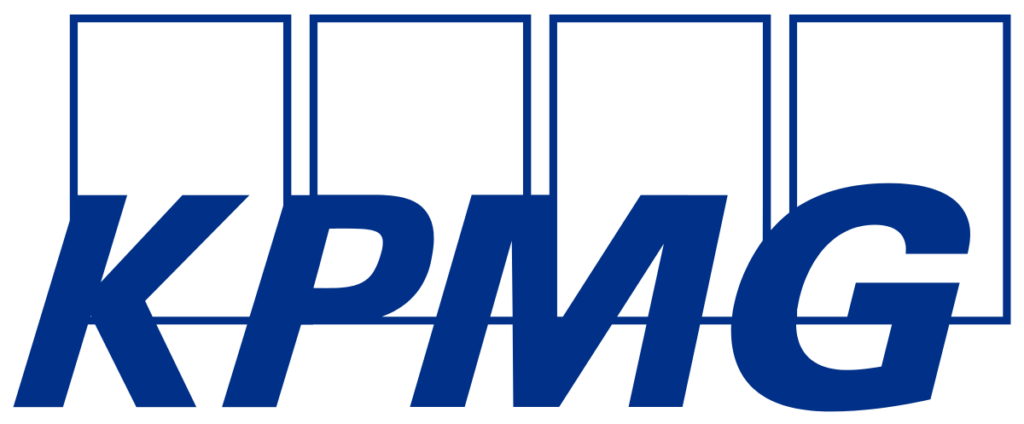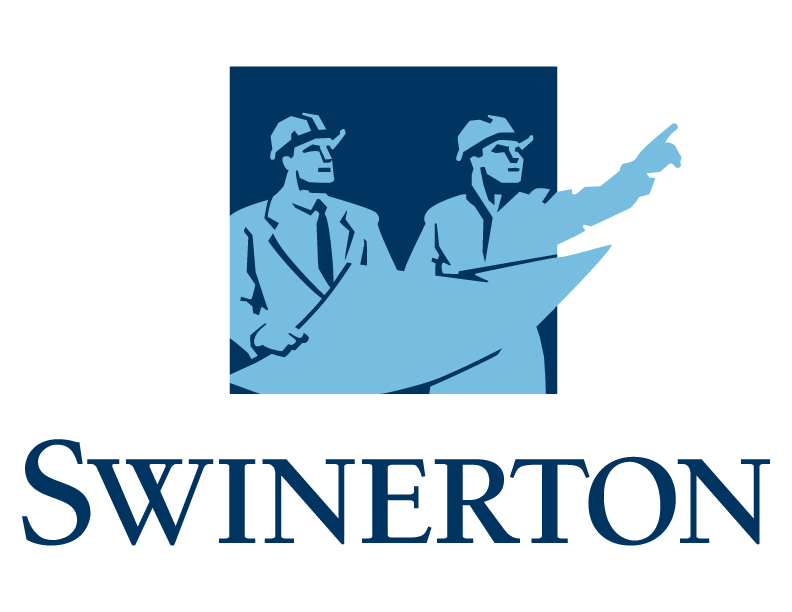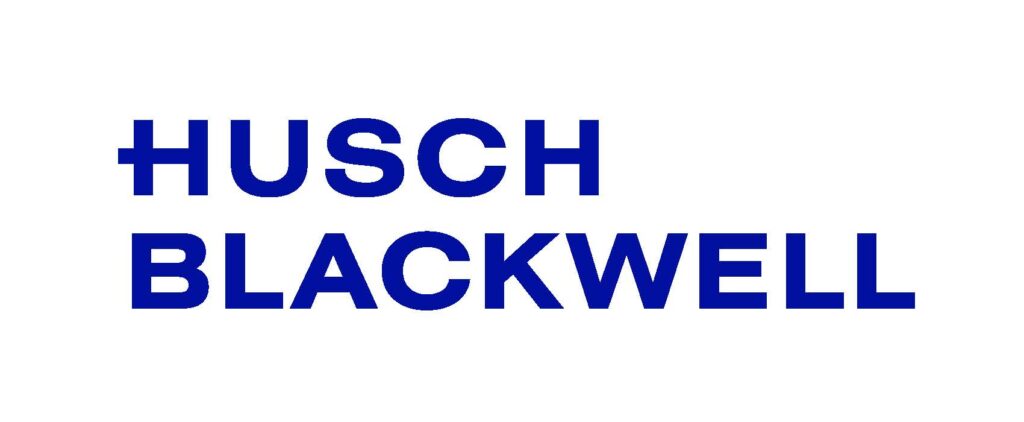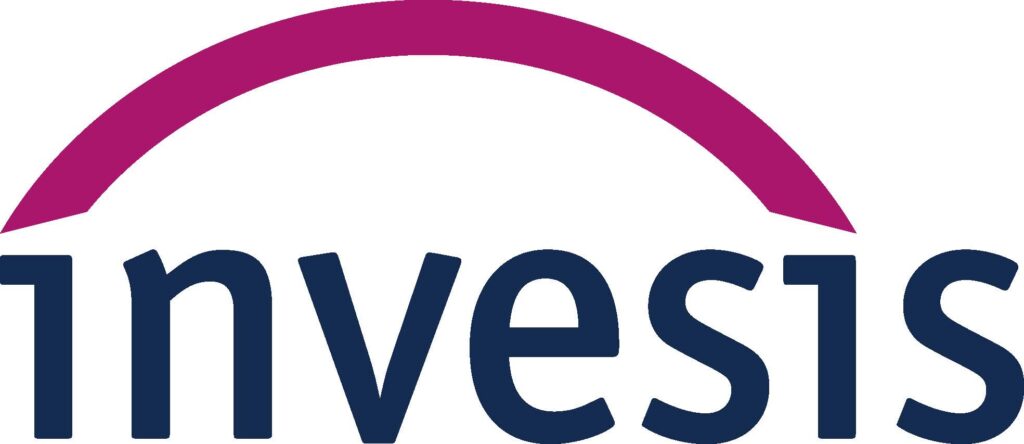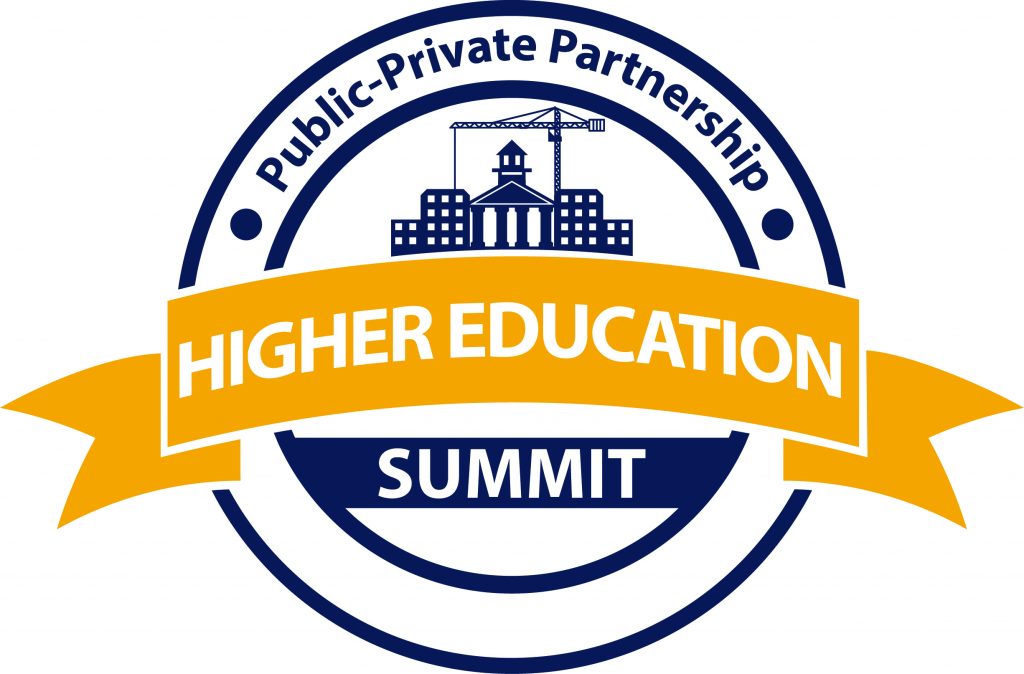
Agenda
Wednesday, Nov 15
-
4:00 pm — 7:00 pm
Summit Check-In & Registration Open | Exhibitor Move-In
Harbor Ballroom Foyer -
6:30 pm — 9:00 pm
AIAI Networking Reception (Open to AIAI Members & Public Sector Attendees)
Marina CourtyardPlease join fellow AIAI members and public sector guests for light fare, cocktails and dessert.
Click here to register.
Thursday, Nov 16
-
7:00 am — 5:30 pm
Summit Check-In & Registration
Harbor Ballroom Foyer -
7:30 am — 9:00 am
AIAI P3 101 Breakfast Workshop (Open to Public Sector Only l Advanced Registration Required)
Harbor Ballroom CJoin industry leaders for breakfast and an interactive conversation specifically tailored to the needs of colleges and universities evaluating P3s. This pre-summit session is designed for owners beginning to explore P3s, to help you understand where P3s can be applicable; and how they can save money and time when dealing with upgrades, repairs, and maintenance. Learn when P3s do or do not make sense, and what major considerations need to be made once choosing this route, in particular the crucial first steps.
Click here to reserve your spot.
Moderator:Tad Guleserian, Managing Director, CRC CompaniesPanelists:Lindsay Stowell, EVP, Public Institutions and Higher Education, JLLMatt Bezanson, Project Development Director, InvesisRodney Moss, Senior Vice President, Hunt/AmberSia Kusha, Senior VP, Group Head Business Development & Partnering, Plenary Americas -
8:00 am — 9:00 am
Networking Breakfast
Expo Hall -
9:00 am — 9:15 am
Welcome & Opening Remarks
Harbor Ballroom AB -
9:15 am — 10:00 am
Opening Plenary: State of the Market
Harbor Ballroom ABWith rising interest rates, shifting student and university needs, varied growth throughout campuses in the US, and many other opportunities and challenges - the higher education market continues to adapt to what universities and its students need to thrive. Leaders from Ayers Saint Gross, Brailsford & Dunlavey, Lynn University and The Weitz Company are working on campus P3s across the country - both together and with a variety of other partners - and it is clear that the approach is not one-size-fits-all. Universities have specific needs and wants and the approach a developer, architect, advisor, partner or general contractor takes to work with each partner is unique. Join this conversation on the state of the industry!
Presenters:Anthony Altieri, Vice President for Student Affairs, Lynn UniversityBrad Noyes, Executive Vice President, Brailsford & DunlaveyCooper Melton, Principal, Ayers Saint GrossEmily Kessinger, Senior Development Manager, The Weitz CompanyNed Williams, Executive Vice President, The Michaels Organization -
10:00 am — 10:45 am
Morning Plenary: Financing New Technologies to Enhance Higher Education
Harbor Ballroom ABP3's have traditionally focused on the delivery of new physical assets or the optimization of existing assets owned by the private sector where innovative technologies and automation served as efficient monetization tools. In an age where data and low latency are driving economic development, can the P3 model be expanded where the deployment, operation, and modernization of new technologies and automation within education activities forms the basis of the agreement? New technologies for education can provide digital equity, rich learning and instructor opportunities, promote safety, and help boost productivity with technology solutions built right for higher education. From flexible online learning options to Internet of Things (IoT) technologies to power augmented reality (AR) experiences to voice and collaboration technologies, our higher education solutions can help provide a better campus experience. Can partnerships bring the private sector expertise of supertechs, Information technology innovators, and smart system manufacturers to the public sector to enhance education? Can those technologies be maintained and updated for cyber protections and improved efficiency through long term agreements? The panel will be comprised of top technologists in the education field to discuss involvement in P3s.
-
10:45 am — 11:15 am
Networking Break
Expo Hall -
11:15 am — 12:00 pm
Delivering P3’s in the Most Challenging Construction Market in Generations
Harbor Ballroom GAt their core, P3’s revolve around risk transfer. The current construction market is proving to be as heightened a risk as any other in these partnerships. Panelists will discuss strategies for navigating both the structuring of transactions and the construction delivery.
Moderator:Amy Aponte, Vice President, Balfour Beatty Campus SolutionsPanelists:Dan Pisaniello, University Architect and Director of Facilities, Planning Design and Construction, William & MaryDan Savoia, Senior Vice President, Balfour Beatty Campus SolutionsLandon McQuestion, Vice President, Balfour BeattyMichael Baird, Co-Head, P3 Higher Education, RBC Capital Markets -
11:15 am — 12:00 pm
Using Key Performance Indicators (KPIs) to Help Universities have more Community Engagement
Harbor Ballroom ABUniversities are leaders in their community and play an important role in a local community’s economics. However today many universities have recognized the importance in communicating the “Why” to their communities on why they are doing P3 projects—using P3 projects to have a positive long-term impact not just on campuses but their local communities. Having your private partner help with community outreach with a thoughtful strategic approach can bring universities and communities together in a process that is mutually beneficial. Using KPI’s can help insure the plan stays meaningful and impactful to the University and their community.
Moderator:Patrick Harder, Partner, Nossaman LLPPanelists:Gregory Johnson, Partner, Squire Patton BoggsJay Brown, Chairman & Managing Director, Hayat BrownLeslie Fangman, VP, Corporate Development, CenTrioPatrick Martin, Assistant Vice President, Real Estate, Public Partnerships and Compliance, Louisiana State University -
11:15 am — 12:00 pm
Innovation and Diverse Ideas in P3
Harbor Ballroom CFrom Neighborhood Revitalizations to Monetization and Research Support, campuses are rethinking the traditional typologies for P3s and expanding the scope to advance University goals.
-
12:00 pm — 1:00 pm
Networking Lunch
Expo Hall -
12:00 pm — 1:00 pm
Innovation Lunch: Building the Next Generation of P3s in Higher Education
Mission BCDiscussion with Cedric Bobo the Founder of Project Destined on delivering Innovative Educational Delivery and providing access to talent in the Real Estate Industry. https://projectdestined.com/
Interested in attending? Contact Melissa Taylor at mtaylor@accessintel.com
-
1:00 pm — 2:00 pm
Playing to Your Strengths: How HBCUs are Successfully Modernizing their Campuses
Harbor Ballroom GHistorically Black Colleges and Universities (HBCUs) are at a pivotal point in American society. On the one hand, there is heightened interest among students and families of color to enhance the educational experience in an environment that combines academic rigor with cultural, historical, and social alignment with the needs and values of the students. On the other hand, many HBCUs struggle to provide the high-quality physical environment that students, teachers, and faculty deserve. This session will explore how P3, combined with other creative real estate strategies can be used to leverage HBCU’s primary assets: their brand, their legacy, and their real estate.
Moderator:Michael English, Senior Associate, Hayat BrownPanelists:Dr. Monica Goldson, Retired CEO, Prince George’s County Public SchoolsJay Brown, Chairman & Managing Director, Hayat BrownKevin Sullivan, Vice President, Real Estate & Strategic Development, Shaw UniversityScott Monroe, Sr. Director and Team Head of National Infrastructure, Fitch Ratings -
1:00 pm — 2:00 pm
Power of Partnership
Harbor Ballroom CJoin this esteemed group of project owners and private sector leaders who have successfully harnessed the power of collaboration to drive their projects to completion.
-
1:00 pm — 2:30 pm
AIAI P3Direct Bootcamp: Risk (Open to Public Sector Only | Advanced Registration Required)
Harbor Ballroom HIWe’ll address the types of risk, and best practices for allocation and mitigation to ensure project success.
Click here to reserve your spot.
-
2:00 pm — 3:00 pm
Integrating Utility and Social Infrastructure P3's at Eastern Michigan University
Harbor Ballroom GEastern Michigan University embarked on a multiple, transformative P3 projects. The recent project, a $115mm infrastructure P3 with Gilbane Development and CenTrio, is paving the way for resilience and sustainable progress across utility and social infrastructure. With CenTrio's infrastructure expertise and $210M+ improvements in student housing, these partnerships integrate improvements to utility infrastructure and community-centric development. Through optimizing utility infrastructure, addressing deferred maintenance, and collaborating on the academic mission of the University, EMU, Gilbane, and CenTrio are setting a new standard for higher education partnerships where students benefit from cost savings, increased campus sustainability, and partners committed to student success.
-
2:00 pm — 3:00 pm
K-12 Case study – School Board, Community and Private Partner Working Together During Transition to Operations
Harbor Ballroom CPrince George’s County is the first jurisdiction in the US to deliver a K-12 P3. Join this panel of experts as they share their experience and lessons learned as they transition from construction to operations.
-
3:00 pm — 3:30 pm
Networking Break
Expo Hall -
3:30 pm — 4:30 pm
Asset Monetization Strategies for Colleges and Universities
Harbor Ballroom ABColleges and Universities typically have large real estate holdings that include a variety of underutilized assets. As campuses seek ways to creatively fund capital improvements and operating expenses, they must consider the potential of leveraging underutilized real estate assets to generate new income streams. Through Public-Private Partnerships, campuses can attract private capital for the delivery for commercial development and social infrastructure projects that benefit both the campus and surrounding community. To demonstrate the viability of asset monetization projects as P3s, the panel will review recent examples of successful projects that may include hotels, innovation districts, and mixed use development projects that have been privately financed and developed on campus-owned land. We will examine the process of assessing the feasibility of such projects, highlight potential risks, and explore typical commercial structures.
Moderator:Matthew Brown, Chief Operating Officer, P3 & Real Estate Advisory, WT PartnershipPanelists:Adam Christian, Senior Vice President, Ernst & Young Infrastructure Advisors, LLCCorrina Green, Senior Associate Vice President, Real Estate and Project Management, The University of Texas at San AntonioGina Jacobs, Associate Vice President, San Diego State UniversityGregory Johnson, Partner, Squire Patton BoggsJosh Smith, Senior VP, Public-Private Partnerships, Hunt Companies -
3:30 pm — 4:30 pm
Collaborative Contracting vs. Traditional Hard Bid P3's
Harbor Ballroom CCollaborative contracting models such as the pre-development agreement (PDA) and progressive design-build/P3 models have been gaining in popularity as a way for public owners to engage and collaborate with private sector partners earlier in the project development process and exercise greater control over a project’s design and budget. This panel will compare and contrast collaborative contracting approaches against the traditional hard bid P3 model and discuss key considerations for higher education institutions to make in determining which delivery model is best suited for the specific needs of their project.
Presenters:Bruce Lanyon, Assistant Vice Chancellor, Real Estate Services, UCSFCarter Casady, Research Engineer, Stanford University's Center for SDGC and Senior Fellow, George Mason UniversityMatt Rossie, CEO, WebcorTuyen Mai, Senior Managing Director, US Infrastructure Advisory, Ernst & Young Infrastructure Advisors, LLCYukiko Kojima, Partner, Nossaman LLP -
3:30 pm — 4:30 pm
Why Do a P3? Building the Business Case and Selling It to Your Community
Harbor Ballroom GThere are certain business considerations that a government must review before starting the P3 process. In this panel we will discuss the elements that should be considered as the public builds out the business case for a P3. In addition, panelists will share ways to effectively communicate the business case to the community at large.
-
4:30 pm — 5:30 pm
Parking as a Catalyst: Unlocking Capital to Fund your Balance Sheet, Academic Mission, Deferred Maintenance or New Construction
Harbor Ballroom ABAccess to many millions of dollars are being unlocked by Universities from their parking systems through a long-term lease and concession agreement. This panel will uncover what a P3 looks like utilizing an all tax-exempt debt structure without the complications of an equity investor, lessons learned spanning procurement through implementation, benefits beyond the initial capital infusion, and how the parking system serves the students and faculty.
Presenters:Brett Munkel, VP, Healthcare & Universities, SP+Dallas Grundy, Senior VP and CFO, University of AkronLindsay Stowell, EVP, Public Institutions and Higher Education, JLLDavid Teed, Managing Partner, Diogenes CapitalThomas Mulvihill, Managing Director, Head of Infrastructure & P3, KeyBanc Capital Markets -
4:30 pm — 5:30 pm
School Bus Fleet Electrification: Driving Climate Action and Decarbonization
Harbor Ballroom CJoin PGCPS and a panel of experts to explore how electrification of their 1200+ bus fleet is critical toward achieving the school district’s Climate Action Plan. Discover the multidimensional challenges of fleet conversion, technology investment, and infrastructure upgrades. Learn how to navigate capital constraints, utility challenges, funding opportunities, and alternative financing models. Gain insights into fleet electrification serving as a catalyst to broader decarbonization and electrification. Learn how distributed energy solutions, such as microgrids, are an essential part of the school district’s sustainable and resilient future. Don't miss the opportunity to drive climate action through school bus fleet electrification.
-
4:30 pm — 5:30 pm
How Do I Design a P3? Best Practices in Deal Structuring and Contract Management
Harbor Ballroom GThe basis of all good public-private partnerships is in the structuring of the deal and the management/oversight of the contract and efficient financing. During this session, both industry experts will discuss the basic and best practices for P3 deal structuring. They will also share their views on the best practices for contract management for the long-term success of a P3.
-
5:30 pm — 7:00 pm
Opening Night Networking Reception
Expo Hall
Friday, Nov 17
-
7:00 am — 2:00 pm
Summit Check-In & Registration
Harbor Ballroom Foyer -
7:30 am — 9:00 am
AIAI P3Direct Bootcamp: Finance (Open to Public Sector Only | Advanced Registration Required)
Harbor Ballroom HIThis session will focus on the financial aspects of a P3 and examine the use of PABS, TIFIA, taxable debt, and other financing tools.
Click here to reserve your spot.
-
8:00 am — 9:00 am
Networking Breakfast
Expo Hall -
9:00 am — 9:20 am
Fireside Chat: Dr. Monica Goldson
Harbor Ballroom ABJoin this intimate conversation as we hear from Dr. Monica Goldson, who serves on President Biden’s HBCU Advisory Panel and was recently appointed by Governor Wes Moore to serve on the Maryland State Board of Education. During her tenure as Chief Executive Officer for Prince George's County Public Schools (PGCPS), Dr. Goldson leveraged a full-scope alternative financing model to design, build, finance and maintain the internationally-recognized Blueprint Schools construction program to build six new middle schools in two years — the very first U.S. public school system to use a public-private partnership (P3) for construction.
-
9:20 am — 10:00 am
Morning Plenary - In the Beginning: A Practical P3 Exploratory Framework for K-12 Leadership
Harbor Ballroom ABIn this session, our expert panel will engage in an interactive learning activity through which K-12 leaders can understand, evaluate, and develop action steps for exploring P3 delivery options. K-12 public sector leaders will leave this session equipped to investigate the following: Minimum P3 criteria for K-12 projects Private funding vs municipal bonds State/local P3 applicable legislation District’s desirable assets Reasonable expectations and project timelines Processes associated with P3 projects Next best action steps when returning to their district
-
10:00 am — 11:00 am
Resilient and Sustainable Utility P3 Solutions
Harbor Ballroom CThe presentation and panel discussion explains how three universities employed public private partnership (P3) structures to increase resiliency and pursue campus carbon reduction strategies. Appalachian State is building a new Innovation District campus, served by a net zero thermal and electric renewable district energy system. Worcester Polytechnic Institute’s goal is net zero carbon emissions through CHP, solar and geo-exchange heating and cooling. Illinois Institute of Technology is building a Trigen system that provides chilled and hot water to campus and electricity to its microgrid.
-
10:00 am — 11:00 am
How Do I Deliver a Project with the P3 Model? Best Practices for a Successful Procurement Process
Harbor Ballroom GA P3 procurement model is a combination of design, construction, financing, operations, and maintenance. This panel will examine the key issues that public agencies must consider when conducting a project procurement - structuring the agreement, conducting a fair and competitive procurement process, and negotiating a final agreement that is transparent and protects the public interest.
-
11:00 am — 11:30 am
Networking Break
Expo Hall -
11:30 am — 12:30 pm
Imbedded Value of Campus: Unlocking Hidden Assets to Work Smarter Not Harder
Harbor Ballroom CGrappling with post-COVID realities of virtual work and learning, many institutions are also facing negative growth in enrollment and a potential surplus capacity across campus in their physical facilities. This surplus might actually be the hidden asset that opens a pathway to future opportunities. Through the creative leveraging of P3 resources, an institution can reconsider existing capital assets to provide needed fiscal resources, repurpose existing facilities to support needed programs, or provide future investment opportunities. This lively panel discussion will analyze these hidden opportunities from every angle, including university leadership, real estate development, financial analytics, and campus planning & design.
Moderator:Jessica Figenholtz, Associate Principal, Higher Education Practice Leader, Perkins&WillPanelists:Anders Carpenter, Associate Principal, Higher Education, Perkins&WillEmanuel Gunn, Associate Vice President, American Campus CommunitiesLindsay Stowell, EVP, Public Institutions and Higher Education, JLLTJ Logan, Associate Vice President for the Residential Experience, The Ohio State University -
11:30 am — 12:30 pm
What’s a Key Ingredient for Success? Picking the Right Advisors and Partners
Harbor Ballroom GBuilding a successful procurement and delivering a project demands the right partners. When running a P3 procurement, the public sector project manager could potentially spend more time with your advisors than you will with your own family, so you need to pick your advisor carefully. In this session we explore the core skillsets and areas of expertise you'll want to engage as you move your project forward.
-
12:30 pm — 2:00 pm
Lunch & Closing Session: Use of Innovation & Technology to Enhance the Culture of Safety and Security in Higher Education
Harbor Ballroom ABBalancing the openness of a campus and protecting its students, faculty, staff and visitors are a paramount consideration of every educational institution. This session will explore the new innovations and technologies being deployed today at campuses that are looking to meet this challenge. The session will also explore how effective implementation and change management of these solutions can facilitate a sustainable long-term operations model, including, in public private partnerships. Some of the topics that the session will explore include: - Use of frictionless access and credentialing and how it enables long term sustainability of credential management and increase in secured locations - How mass notification and mass communication technologies have matured to provide enhanced awareness to students, faculty, staff and visitors - What role can data operationalization play in achieving cross functional collaboration and increase overhead and change management efficiencies
-
12:30 pm — 2:00 pm
Exhibitor Breakdown
-
2:00 pm
Summit Ends
